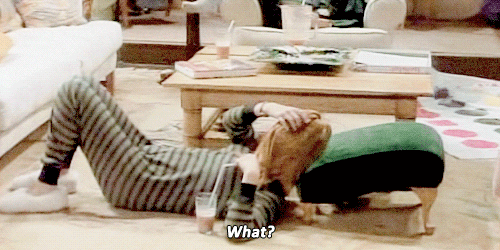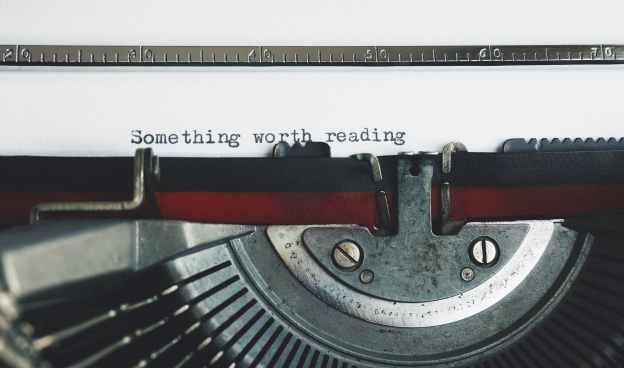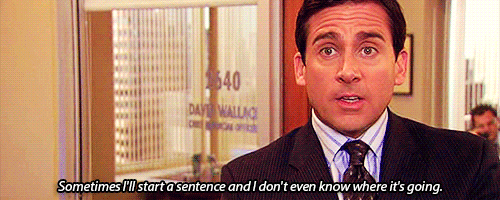Written by Abigail Beard
Let’s face it: Writing is hard.
It doesn’t matter who you are or how long you’ve been writing. It takes a lot of focus to sit down and write a draft, and it sometimes seems all but impossible, especially if the paper is more than a page long. And with social media easily accessible, it’s easy to get distracted; ten minutes go by, then a half hour, then a full hour, and the page (and our minds) are still blank.
I expressed my problem with staying focused and meeting my word count with my writing mentor, Kayla Olson, and asked her how she is able to finish a book draft on time. Her response:
Try Writing Sprints!
Writing Sprints is a technique many authors, journalists, and writers use to maximize their writing time and decrease their distractions while writing.
Here’s how it works:
- Set a timer for 15 – 20 minutes, depending on how comfortable you are with writing and how you’re feeling that day. If you’re feeling discouraged or daunted, try setting the timer for 15 minutes. If you’re feeling great and you’re just struggling to put words down, go for 20!
- Once you start the timer, write! Don’t worry about whether what you’re writing is “good” or not—just write. Get those thoughts down, and try your best not to stop until you hear that timer go off!
- Give yourself a 5 – 10-minute break (this is your time to check Instagram and TikTok, stretch, get some water, or refill your coffee or tea).
- Repeat!
I’m a fairly slow writer. It takes me a while to get into a groove where my thoughts really start coming to me and my fingers start flying across my keyboard. But when I started incorporating Writing Sprints into my writing routine, I went from writing about 700 -1,000 words in an hour of writing time to writing between 1,500 – 2,000 words in an hour of writing time. For me, that’s a lot, and it was a sign that Writing Sprints worked and was something I needed to do more often.
Benefits of Writing Sprints:
You’ll find that the more sprints you do, the better you train your brain to produce words when you sit down at your computer. The brain is a muscle, too, and it takes consistent training to become a better writer, just like it takes consistent exercise to train your body to run a 5k.
You’ll make the most of your writing time. Which would you rather do? Write for an hour straight, or write for a 15 – 20-minute chunk of time, and repeat that a couple times? Writing for a focused 15 – 20 minutes seems way more manageable to me. And knowing that I get a quick break after I work hard makes the time fly!
Extra Tip:
When she advised I try Writing Sprints, Kayla told me about an app called Forest that she uses during the time she’s writing. The purpose of it is that you set the amount of time you cannot look at your phone (the same time as your writing sprint), and you plant a tree. If you open your phone, you kill the tree. If you don’t, and you keep planting a tree each time you “sprint,” you grow a forest! It’s a great incentive to not touch your phone during your Writing Sprint!
Take it slow. Start writing for 15 minutes and give yourself a 10-minute break, and then as you become accustomed to Writing Sprints, try adding an extra 5 minutes to your sprint! That being said, don’t force it. If you’re not feeling it that day, don’t push yourself to write for 20 minutes. Write for 15 minutes, or even 10 minutes. If 10 minutes is all you’re able to manage that day, then you wrote for 10 minutes, and that’s infinitely better than nothing.
Writing is hard. That’s a fact of the game, but you now have another trick in your writing arsenal. The next time writing gets hard, get comfortable, set a timer, shut off your phone, and Sprint!







